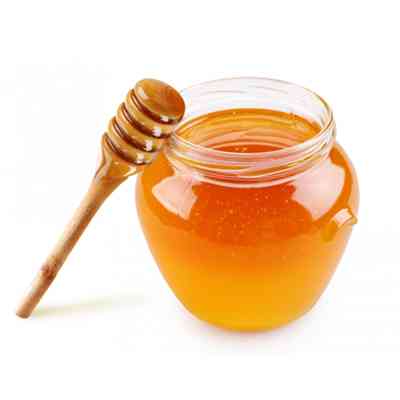
THE Hurungwe honey processing centre was officially opened last week and is expected to improve livelihoods and conserve national biodiversity.
Over 700 rural communities are benefitting from the project, which is under Hurungwe district ward 8, under Chief Chundu’s jurisdiction, but covers honey farmers in wards 9, 13 and 26 as part of Zimbabwe Apiculture Trust.
Environment, Climate and Wildlife minister Sithembiso Nyoni said the project would promote sustainable beekeeping practices.
“In the wake of climate change and the El Niño-induced drought that the country and the Sadc region is facing, it is imperative that we diversify our livelihood options,” Nyoni said in a speech read on her behalf by Tendai Ruzvidzo, acting deputy director wildlife conservation in the ministry.
To date, the project has managed to train 2 091 farmers, including 728 women, in best beekeeping practices and hive-making, while 6 000 hives have also been distributed.
Nyoni said the project will contribute towards nutritional balance with the introduction of community gardens.
“These gardens were fully solarised, thereby improving access to clean water, with this reducing human and wildlife conflicts due to limited cases.
“Biodiversity conservation has also improved through sustainable forestry management practices and veldfire management,” she said.
- 89 kicked off Hurungwe game ranch
- Private rangers recover 24 pangolins, 118 elephant tusks from poachers
- Akashinga celebrates key achievements
- Hurungwe honey processing plant commissioned
Keep Reading
Hurungwe Rural District Council acting chief executive officer Felistus Muteta said the processing plant falls under the council’s value-addition thematic area.
“The funding for the project by the Zimbabwean government through United Nations Development Programme Zambezi Valley Biodiversity GEF 6 Programme has turned our dreams into reality,” Muteta said in a speech read on her behalf by social services manager Remigio Makuwerere.
“It is my hope that the community and beekeepers association have already put in place sustainability strategies that will be implemented as from today.”
Zimbabwe Apiculture Trust director Selina Chitapi said the plant would stimulate the local economy.
“The project will go a long way in improving the quality of life for Hurungwe and the Chundu community in terms of health and source of livelihoods,” she said.
The project is titled Commercialisation of Honey Enterprises to Enhance Sustainable Forestry Management, Social Inclusion and Household Resilience Through Upscaling Sustainable Forestry Management, Social Inclusion and Household Resilience Through Upscaling.











